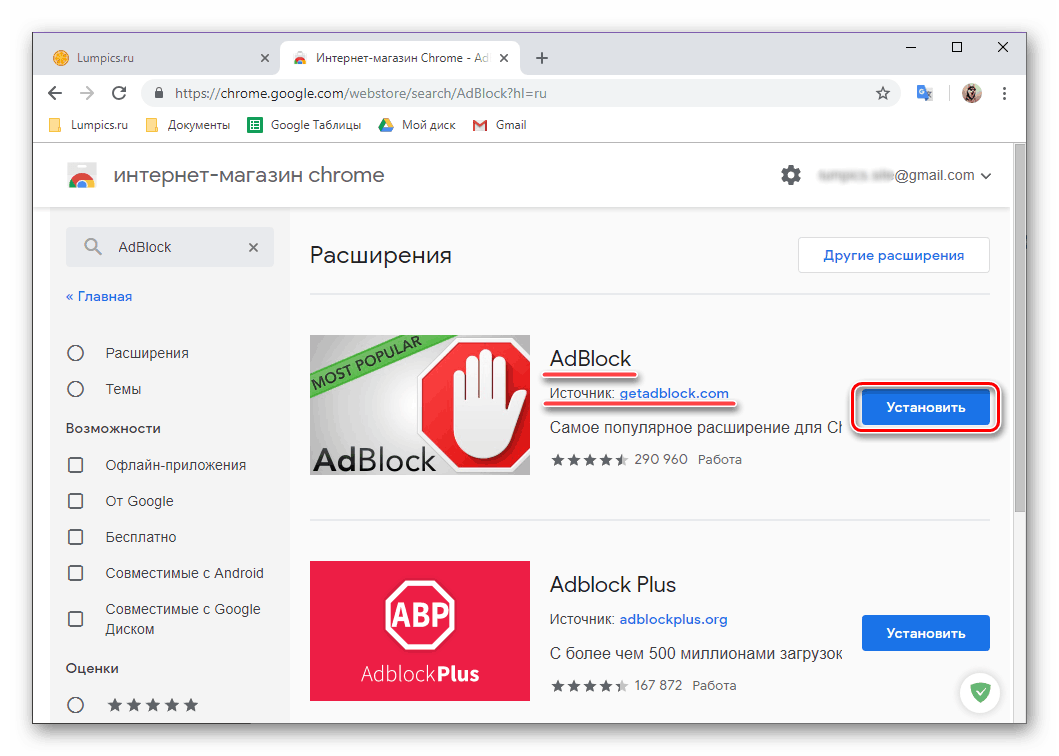

For instance, it detects if the developer console is open, it ceases all suspicious activity at once." "Another interesting thing about this extension is that it contains some self-protection mechanisms. Now that this fraud scheme is uncovered, affiliate programs' owners can follow the money trail and find out who is behind this scheme," the researchers said. The two extensions, with 1.6 million active users, were stuffing cookies from 300 websites from Alexa Top 10000 most popular websites, including of teamviewer, microsoft, linkedin, aliexpress, and, potentially making millions of dollars a month for their developers, according to the researchers. Join our webinar and learn how to stop ransomware attacks in their tracks with real-time MFA and service account protection. Learn to Stop Ransomware with Real-Time Protection The two ad blocking extensions discovered by researchers were found sending out a request to a URL for each new domain users visited after being installed for around 55 hours in an attempt to receive affiliate links from the sites users visited.

These affiliate tracking cookies then keep track of users' browsing activities and, if they make online purchases, the cookie stuffers claim commissions for sales that actually they had no part in making, potentially stealing the credit for someone else's attribution fraudulently. Though these extensions were fully working as any other adblocker does by removing ads from web pages a user visits, the researchers caught them performing " Cookie Stuffing" as an ad fraud scheme to generate revenue for their developers.Ĭookie Stuffing, also known as Cookie Dropping, is one of the most popular types of fraud schemes in which a website or a browser extension drops handfuls affiliate cookies into users' web browser without their permission or knowledge. uBlock by Charlie Lee - over 850,000 users.AdBlock by AdBlock, Inc - over 800,000 users.Apart from the extensions which are purposely created with malicious intent, in recent years we have also seen some of the most popular legitimate Chrome and Firefox extensions going rogue after gaining a massive user base or getting hacked.ĭiscovered by researchers at Adguard, the two newly caught Chrome extensions mentioned below were found using the names of two real and very popular ad-blocking extensions in an attempt to trick most users into downloading them.


 0 kommentar(er)
0 kommentar(er)
